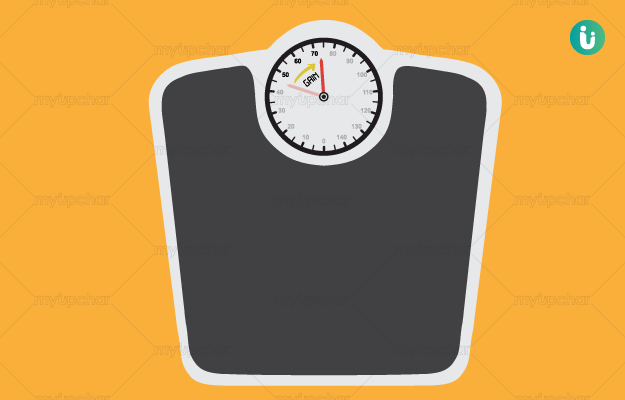This century is all about being smart and looking even smarter. With men sporting six-pack abs to women clad in the skinniest dresses, lean is definitely in. Unsurprisingly, weight is a major concern of this century. Whereas millions living in developed countries like the USA and UK are struggling with obesity and overweight, a large group of population in less developed parts is struggling with underweight and undernourishment. And this problem of underweight is growing at an alarming rate. Interestingly, women are more commonly underweight than men.
There can be myriad reasons for someone to be underweight. One of the most common reasons is malnutrition or nutritional deficiency. Some people try their hardest but are unable to gain weight. If you are one of those struggling to put on the necessary kilos, look no further. In this article, we will cover all the tips and tricks that will help you to gain healthy weight. So, get your glasses on and read through the entire article to know more.
Do you really need to gain weight?
Before assuming things when it comes to your weight, first learn how to gage the correct and healthy weight for your age and height. To ascertain this, you need to know about your BMI or body mass index. What does BMI mean and how does it determine your healthy weight requirements? Let us decipher this below.
As mentioned earlier, it is important to make sure if you really are underweight or not. Achieving and maintaining a healthy weight is much more important than losing weight unmindfully. So, before jumping from one fad diet to another or taking on a CrossFit or running a marathon, get your BMI reading. Maybe you don’t really need to put on weight at all.
BMI is a measure of body fat based on your height and weight measurements. Your BMI calculations will tell you the weight class you fall in and if you need to gain weight. The classes are as follows:
- Underweight = <18.5
- Normal weight = 18.5–24.9
- Overweight = 25–29.9
- Obesity = BMI of 30 or greater
Now, if you belong to the category of underweight, you certainly need intervention to bring your weight to normal.
(Read more: What is metabolism and how to boost metabolism)
Causes of being underweight
Once you have figured out that you need to put on weight, you must acknowledge the various causes that may be responsible for your condition. Some of the most common causes are as follows:
- Eating disorders: If you constantly obsess over your weight and tend to ditch food often, anorexia nervosa may be the cause of your excessively lean body. It is an eating disorder, in which the person has a distorted idea of a lean body leading to difficulties in maintaining healthy body weight.
- Malnutrition: Adequate nutrition is the key to maintaining normal weight and good health. Dietary absence or deficiency of certain nutrients and an unhealthy eating pattern may become the cause of the underweight condition.
- Family history: Some people have a naturally low BMI due to genes running in their family. In such condition, almost all the family member suffers from underweight. Not much can be done when it comes to genes but you can certainly eat healthy and nutritious food to improve the condition.
- High metabolism: A person with a fast metabolism may not be able to gain weight even after consumption of high-calorie food. This is because their body tends to digest and burn all the nutrients quickly preventing fat deposition in tissues. However, a fast metabolism may also be associated with certain health conditions like thyroid disorders. You can learn about your metabolism through your BMR or basal metabolic rate reading and check in with a doctor if needed.
- Crohn’s disease and Celiac disease: These diseases affect the digestion and absorption of food in the body, especially the intestines that result in nutrition deprivation.
- Age: Older individuals have slower digestion and relatively faulty nutrient absorption. Loss of appetite may also be experienced. Loss of teeth makes feeding difficult and cumbersome and on top of that, they also experience loss of appetite. Together, all of these lead to a reduction in weight.
Stress, substance abuse and illnesses like Parkinson’s disease, cancer, viral hepatitis and COPD are some other causes of the underweight problem.
(Read more: How to improve digestion)
Consume protein supplements to increase weight
Protein supplements are usually one of the first things that come to mind when one talks of weight gain and building muscle mass. Unsurprisingly, supermarket aisles are loaded with various protein supplements suited to different age groups. But before you decide to buy a pack, its important to know a little about it.
Protein supplements are dietary proteins comprising of various types of proteins such as whey protein, soy protein and casein. These are usually advisable for individuals whose dietary protein intake does not suffice their body's requirement. One drawback of taking protein supplements is that it doesn't provide you with other beneficial nutrients that a whole protein source can. On the other hand, the advantage of taking protein supplements is that it increases muscle mass and enhances performance. But this will happen only when you incorporate strength training exercise in your daily routine while taking protein supplements.




































